Read the latest blogs from across our work within the secondary breast cancer community. From blogs on fundraising, research findings, information sharing, corporate achievements, community support and stories, celebrate with us as we work together to Make 2nds Count.
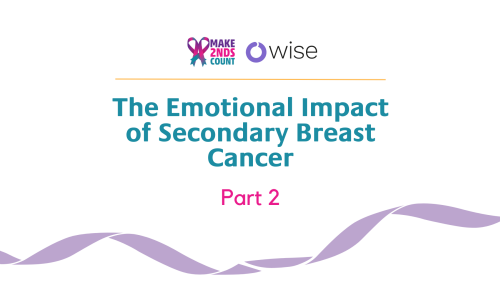
The Emotional Impact of Secondary Breast Cancer - Community Stories Part 2
Living with secondary (metastatic) cancer is challenging. You will deal with a variety of emotions, such as fear, sadness, anxiety, anger, or hopelessness.
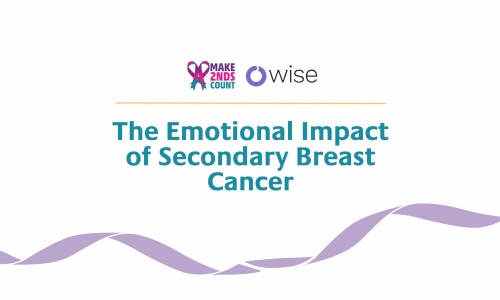
The Emotional Impact of Secondary Breast Cancer - Community Stories
Living with secondary (metastatic) cancer is challenging. You will deal with a variety of emotions, such as sadness, anxiety, anger, or hopelessness.

How Were You Diagnosed?
When were you diagnosed with secondary breast cancer? Jan 2019 What type do you have?

Ribociclib
This week's blog is about Ribociclib in the treatment of secondary breast cancer.
What has your experience of Ribociclib been?

Palbociclib
This week’s blog is about Palbociclib in the treatment of Secondary Breast Cancer.
What has your experience of Palbociclib been?
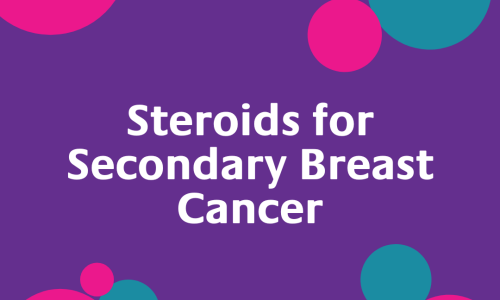
Steroids for Secondary Breast Cancer
You may have steroids as part of your treatment or to control symptoms and help you to feel better. Steroids may be given: with certain chemotherapy drugs to prevent an allergic reaction or to reduce sickness to reduce swelling and control pain when there is a secondary cancer in the liver to reduce pressure and relieve headaches and sickness when there is a secondary cancer in the brain.
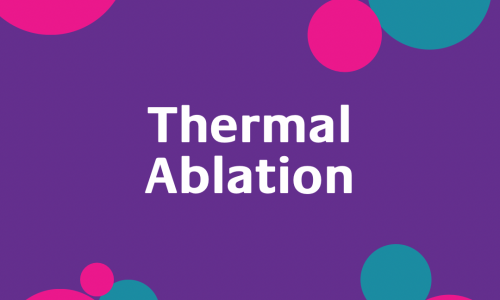
Thermal Ablation
Thermal ablation is used to treat different types of cancer. It uses extreme temperatures (thermal) to destroy (ablate) cancer cells.

Immunotherapy
Continuing on our Sunday series of educational blogs around secondary breast cancer treatments; this week we are highlighting Immunotherapy.
Have you had experience of this?
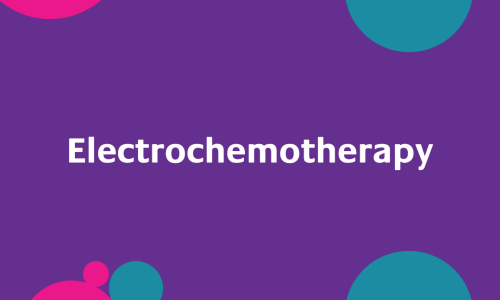
Electrochemotherapy
Continuing our series of blogs on treatments you may have for secondary breast cancer, this week we’re focusing on Electrochemotherapy.
Do you have experience of this treatment?

Whole Brain Radiotherapy
Whole Brain Radiotherapy [WBRT] is given when cancer cells from another part of the body have spread to and developed in the brain. The aim of the WBRT is to help relieve any symptoms or prevent symptoms from developing and to slow down the growth of the cancer.
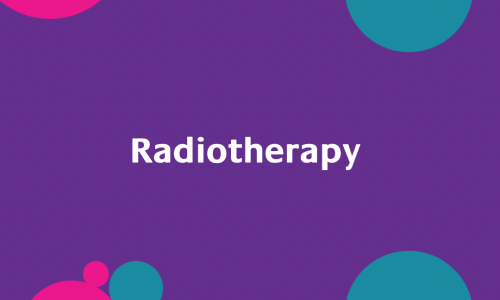
Radiotherapy
Radiotherapy uses high energy x-rays to treat cancer cells. It can shrink the cancer, relieve symptoms, and help you feel more comfortable.
